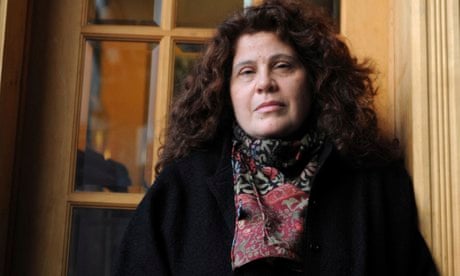HOUSE OF THE FORGOTTEN
Like
time travellers,
we
arrived at the boarding house,
rare
in our youth and togetherness.
Behind
the brave smile
of
the white, wooden facade
the
men lived like mementoes
in
sad, concrete shoeboxes.
It
was the nadir of winter
and
shadows seeped through the courtyard,
squeezing
old lungs with icy fingers
until
they wheezed like defective accordions.
In
the drab lounge room
television
held out its flickering promises to them
as
they sat on musty furniture in mustier suits.
The
kerosene heater could not dispel
the
coldness of their hope.
At
six o’clock, we assembled
in
the ’50s functional ugliness dining room
where
they used the arctic cutlery
to
cut each other down to size.
The
car accident man whose disfigured face
was
reduced to spouting clichés,
the
man whose heart was devoured by the bottle,
the
man who walked miles every day
but
had nowhere to go,
the
man whose wife had turned him out
for
fear of catching his self-pity
and
the friendless young man
who
had never learnt to listen.
It
seemed almost sinful
to
look forward
to
the European summer
when
some of these men
would
die forgotten
in
the Australian winter.
In
the southern winter of 1987, I was living in a small summer resort town called
Mandurah which is on the coast about 72 kilometres south of Perth, Western
Australia. I’d turned 30 earlier that year and my partner, Adrienne, and I had
been saving hard to travel to the UK and Europe.
In
my early 20s, I’d travelled extensively through Southeast and Central Asia with
a friend, but neither Adrienne nor I had been to Europe. The lease on our flat
expired a couple of weeks before our departure date so we checked into a local
boarding house.
Places
that revolve around the activities of summer seem especially dreary in winter.
Somehow these men seemed to live at the periphery of the happy family image
that the town’s authorities liked to cultivate. Perhaps they were cruel to each
other because life had been cruel to them.



